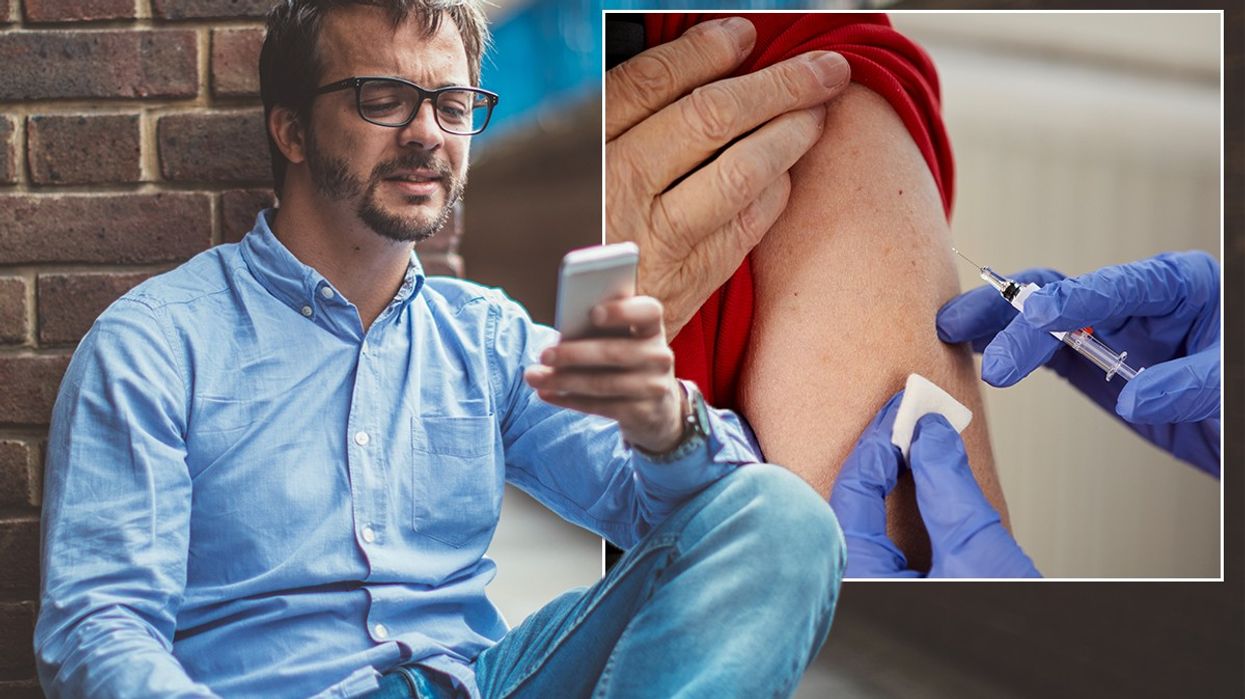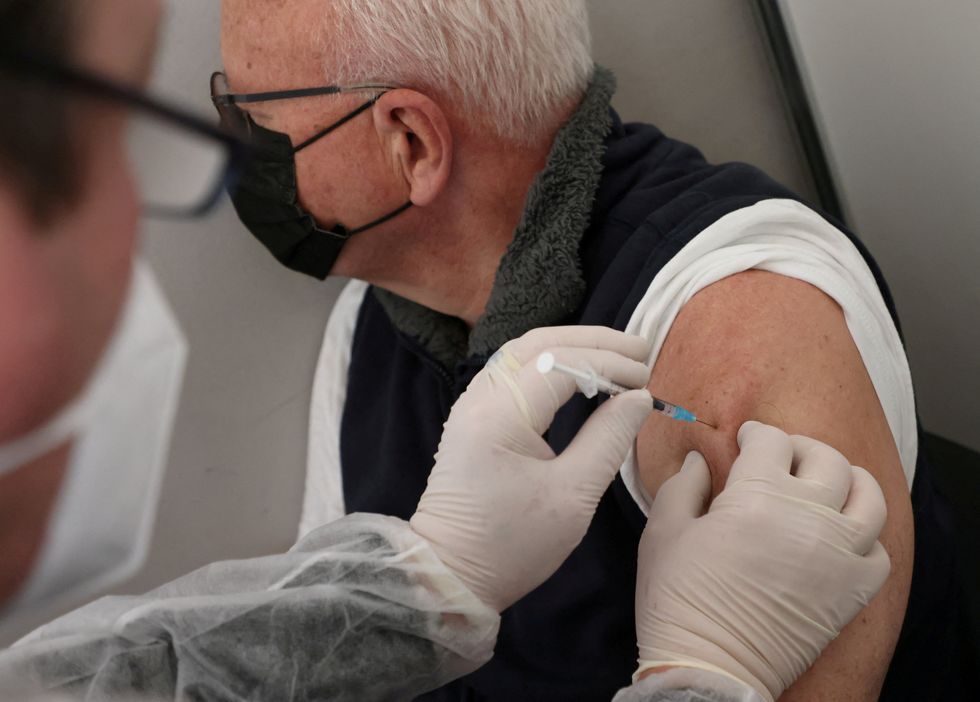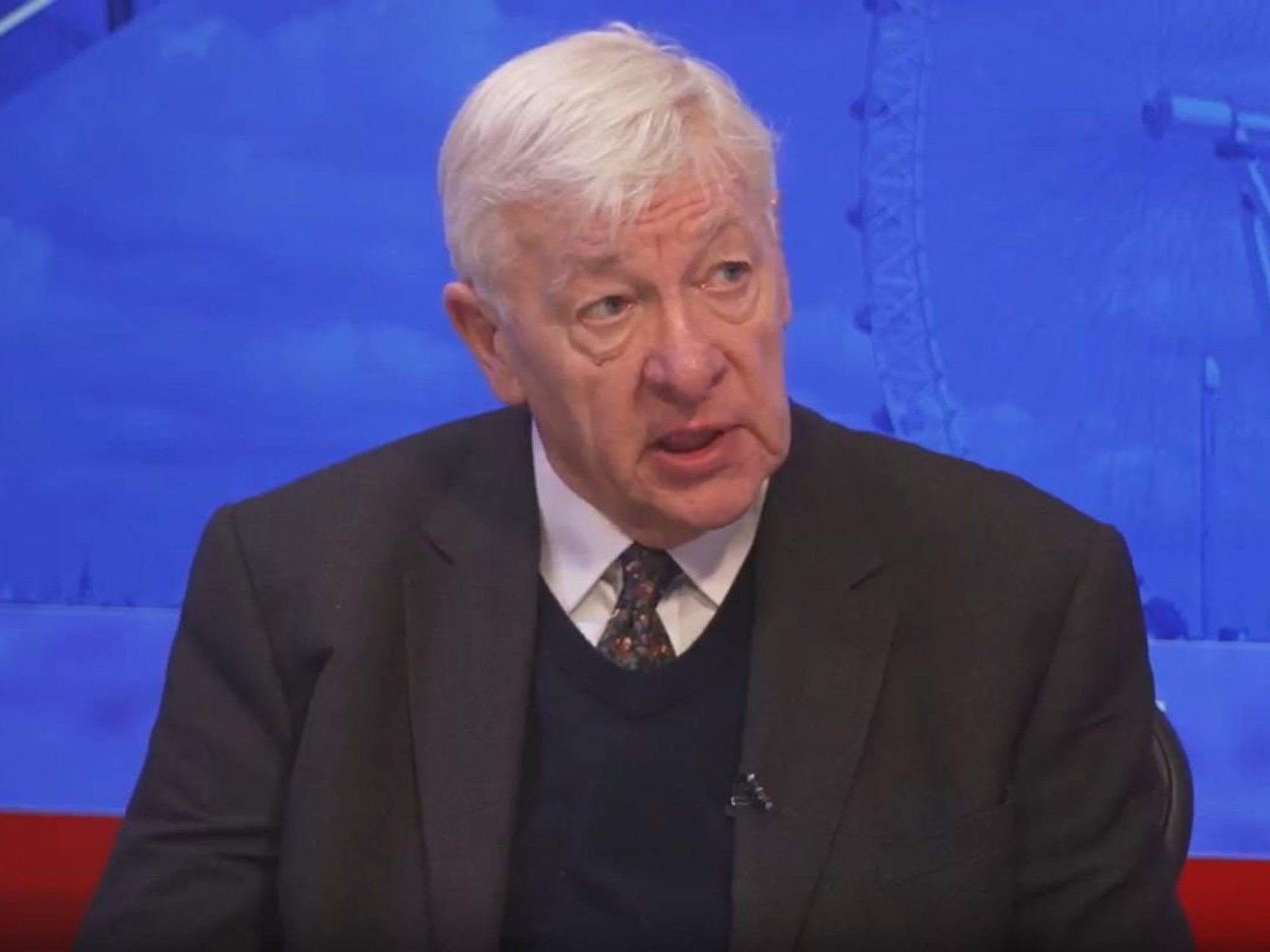Text nudges promoting vaccine ownership were sent to increase booster uptake, new study reveals

Text nudges that play up the psychology of vaccination increase uptake of Covid boosters
|Getty Images

- Text nudges emphasising reward increased booster uptake
- Hypothetical scenarios were less effective over text
Don't Miss
Most Read
Gently prodding the general public over text increases uptake of Covid boosters, a new study claims.
According to research published in Nature Human Behavior, text nudges encouraging people to get the first round of COVID-19 vaccines proved highly effective and the same approach worked for the boosters.
The key in both cases is to include in the text a sense of ownership in the dose awaiting them.
The paper, led by Hengchen Dai, an associate professor of management and organisations and behavioral decision-making at the UCLA Anderson School of Management, and Silvia Saccardo, an associate professor of social and decision sciences at Carnegie Mellon University, draws on previous research published in Nature that examined the effectiveness of different types of text messages encouraging patients to get a COVID-19 vaccine.
The previous research revealed that a text message implying a hint of ownership, with a note to “Claim your dose by making a vaccination appointment”, was more effective than a text that merely included a link to an online vaccination scheduling tool.

Adding a sense of ownership is more effective than playing up hypothetical scenarios
|Getty Images
The new paper focuses on a potential schism between what people in a hypothetical scenario say they will do, and what they actually do.
The researchers found that adding that sense of ownership to the booster dose was more effective than research dependent on hypothetical scenarios or expert predictions.
“Given the importance of reproducibility to the field of behavioral science, numerous studies have focused on replication attempts of laboratory findings, but replications in the field have been infrequent,” Dai said.
“We take a stride in this direction by assessing the transferability of insights gained in one field context to another, and from hypothetical and prediction surveys to field settings.”
The researchers texted more than 300,000 patients in the UCLA Health system with one of 14 messages that prior field tests, lab research or expert surveys suggested might encourage recipients to get the booster shot.
A control group did not receive a text message. They found that adding a note to play up the psychological sense of ownership (“claim your dose”) turned out to be more effective than if the reminder simply told patients the booster was available, as shown in Dai and Saccardo’s previous field test. All other nudges added on top of a text reminder were ineffective in moving the needle.
Some messages leveraged the consistency principle in the form of “You have completed a COVID-19 vaccine primary series. Great job protecting your health”.
One message was worded as an appeal explaining that the booster was different than the original vaccine and specifically designed to combat the most recent strain of COVID-19.
LATEST DEVELOPMENTS

Some text messages praised the receivers for getting jabbed
| REUTERSAnother cited the ongoing severity of the virus. Other messages reminded people that they could get the flu shot at the same time as the COVID-19 booster — a strategy used by US-based pharmacies like CVS and Walgreens. The messages with additional content performed no better than simple text reminders.
Although the researchers note that their findings are limited to the field of COVID-19 booster vaccinations, they point out that their work raises questions about the efficacy of research built on hypotheticals or theoretical assumptions.
“While hypothetical surveys and self-reports are undoubtedly valuable for providing foundational evidence on the mechanisms of human behaviour, our findings suggest that they may not always translate to complex real-world situations where various factors can affect behavior,” Saccardo said. “It is critical to accumulate knowledge about the impact of interventions in the real world.”










